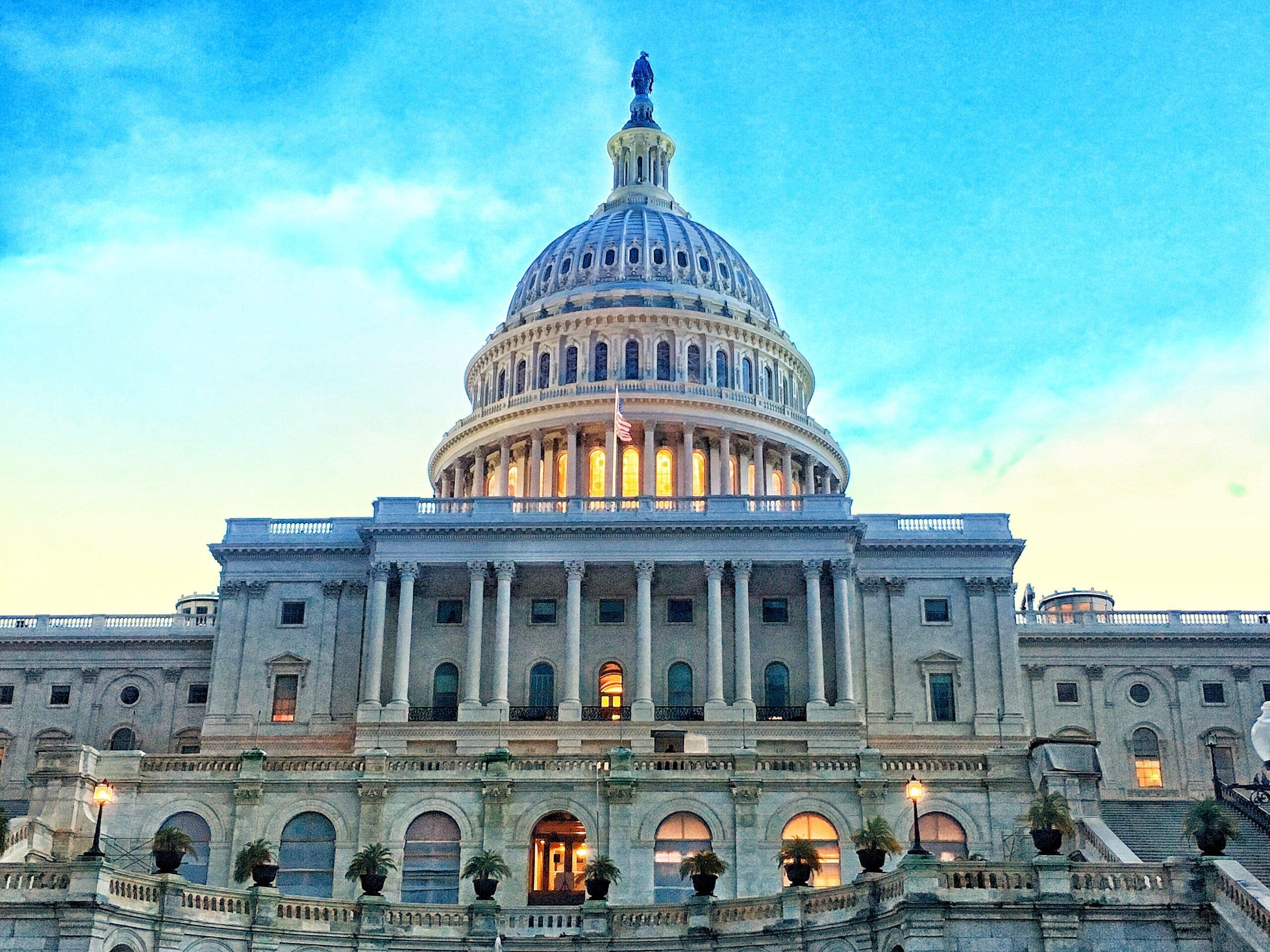By: Carmen Reinicke
See original post here.
A group of more than 40 racial justice organizations are calling on leaders in Congress to reinstate the enhanced child tax credit.
In a letter sent to Senate Majority leader Chuck Schumer, D-N.Y., in May, organizations including Unidos, the NAACP, the Economic Security Project, National Urban League, Community Change Action and The Leadership Conference noted the consequences that ending the benefit has had on Americans with eligible children.
“The impact of the end of monthly CTC payments has been particularly profound — and painful — for communities of color,” the letter states.
How the child tax credit helped families
The child tax credit was enhanced as part of President Joe Biden’s American Rescue Plan, signed into law in March 2021. For the last six months of 2021, families with eligible children received monthly payments of up to $300 per child through the credit. The second half of the credit was delivered to families this year in the form of a tax refund.
The benefits of the enhanced credit were widespread, lowering child poverty, food insecurity and financial anxiety for millions of families with kids. Those results were most prominent for Black and Latino children.
Making the credit fully refundable — meaning that families with no or very little earned income could still receive its full value — extended the benefit to 27 million children, according to data from the Center on Budget and Policy Priorities. That included half of Black and Latino children who were previously unable to qualify for the credit or only got a partial benefit.
When the enhancements to the credit lapsed at the end of 2021, the benefits families saw from the monthly checks were swiftly reversed.
Millions of children fell back into poverty, the Center on Budget and Policy Priorities found, and food insecurity and financial instability ticked back up.
Now, amid the highest inflation in about 40 years, roughly half of low-income families are struggling to buy enough food without the credit.
“While the poverty rate among white children will also increase, it will nevertheless remain nearly two-thirds lower than among Black and Latino children,” the racial justice organizations’ letter says. “This is simply unacceptable.”
What’s next for the child tax credit
To be sure, the regular child tax credit is still available for families with eligible children. Instead of getting advanced monthly payments and the larger amount from the enhanced benefit, families can claim the original credit, which is a maximum of $2,000, when they file their 2022 tax return next year.
The enhanced child tax credit was included in Democrats’ Build Back Better plan, a roughly $1.75 trillion economic bill that failed to pass the Senate. Now, as Democrats attempt to rework the proposal, the enhanced child tax credit hangs in the balance — it was one of the initiatives President Biden was ready to drop from the legislation in an attempt to pass it.
There are two pieces of the enhanced benefit that advocates would like to see continue. The first is the full refundability of the credit, which allowed it to reach more children than ever before.
“Those are the kids who were struggling the most before and for whom the CTC made the most difference, and who were really left in a lurch by the expiration,” said Adam Ruben, director of the Economic Security Project.
The second element advocates want to preserve is the monthly payments, which helped families keep up with everyday expenses, he added.
Expanding the enhanced credit through 2025 would have significantly lowered child poverty and lifted more than 4 million children from living in poverty, according to the Urban Institute.
“Poverty is a policy choice,” the organizations wrote in the letter. “Allowing millions of children, including more than 2.5 million Black and Latino children, to fall back into poverty is also a political choice.”





















